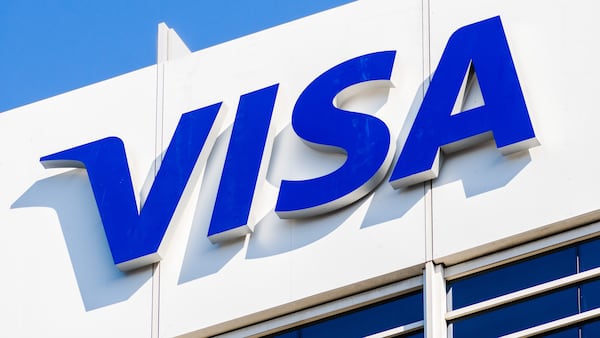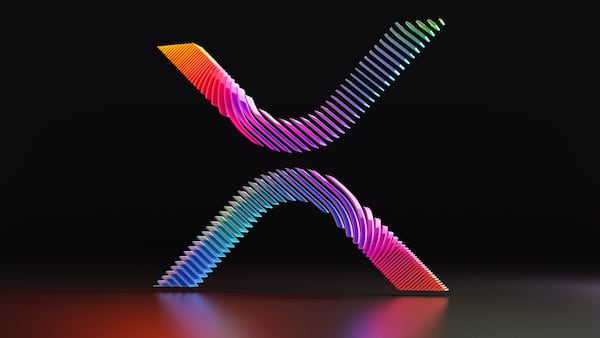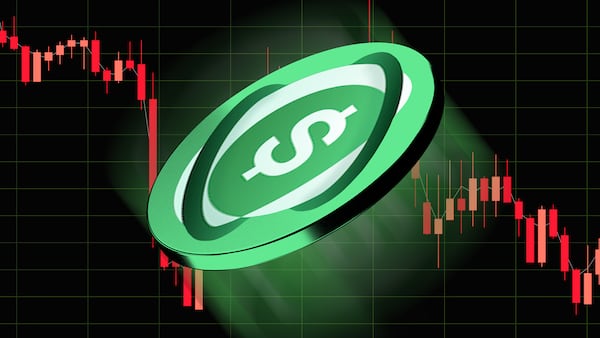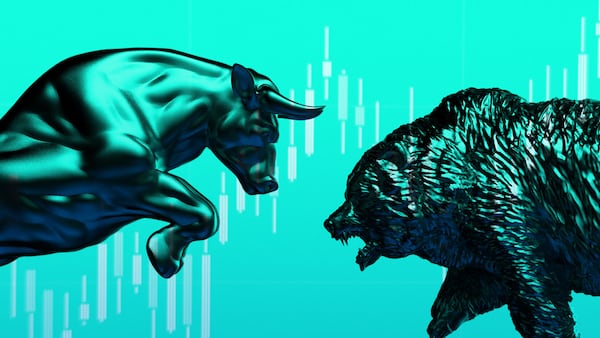- The government approved a 'compliant' stablecoin this week.
- The move comes after Nigeria waged an unprecedented legal assault on the industry.
- Only two exchanges are approved to operate in the country.
Last year, Nigeria’s crypto market was in dire straits.
The government outlawed unlicenced crypto providers.
And Nigerian prosecutors threw two Binance executives into detention, and imprisoned and tried one, Tigran Gambaryan, until the Biden administration secured his release in October.
The legal assault roiled the crypto market in Africa’s most populous nation. Many Nigerians quit using stablecoins, with volume shrinking 38%, to $23.6 billion, according to Chainalysis.
But this week, a new stablecoin was released that has the government’s seal of approval and hopes are riding high that the crypto war of 2024 can end.
Design flaw
The instrument is called compliant NGN, or cNGN, and as a licenced stablecoin it should be a straightforward offering.
Yet it has what may be a design flaw — cNGN is pegged to Nigeria’s fiat currency, the naira. And it is one of the most volatile currencies in the developing world.
Last year, the naira lost more than 90% of its value against the dollar. It was the third-worst performing national currency in Africa in 2024.
Moreover, it regularly swings up and down in value. This year, for instance, the naira has fluctuated more than 10% in its value relative to the dollar, according to data from the Central Bank of Nigeria.
But the stablecoin does provide buyers the reassurance of government approval.
“Users on Busha will be able to trade cNGN against other stablecoins and digital assets,” Olaoluwa Samuel-Biyi, a co-founder of Nigerian crypto exchange Busha, told DL News.
Strictly controlled
Launched by the African Blockchain Consortium, the stablecoin’s supply is strictly controlled. Traders who want the stablecoin have to register on the issuer’s website.
Alternatively, they can purchase cNGN on Busha and Quidax ― the only state-approved crypto exchanges in Nigeria.
Yet for Nigerians accustomed to using dollar-backed stablecoins like Tether’s USDT to safeguard their wealth, the big question remains: What’s the point of a stablecoin when the underlying peg is notoriously unstable?
“The naira is volatile and traders are going to need incentives like zero trading fees or rebates on transactions to adopt the cNGN stablecoin,” Rume Ophi, a Nigerian crypto analyst and former executive secretary of the Stakeholders in Blockchain Association of Nigeria, told DL News.
The government’s anti-crypto campaign last year significantly dampened the local market’s buoyancy.
The trouble started when Nigerian officials including the central bank governor, Olayemi Cardoso, and presidential adviser Bayo Onanuga blamed Binance and its digital version of the naira for undermining the fiat currency.
House arrest
They contended that Binance, which was operating in the country without a licence, was enabling speculators and criminals to bet against the naira and that was tanking its value against the dollar.
Led by CEO Richard Teng, Binance denied the allegations, and dispatched two executives to Abuja, the nation’s capital, to patch things up with officials.
No sooner did Nadeem Anjarwalla, the company’s regional manager in Africa, and Gambaryan, the head of financial crime compliance in the US, arrive for talks than they were placed under house arrest.
After Anjarwalla made a daring escape in March, prosecutors charged Binance and Gambaryan with money laundering. While charges against Gambaryan have been dropped, Binance is still scheduled to go on trial beginning later this month.
Nigeria’s government has also frozen the bank accounts of individuals and businesses linked to unlicensed USDT trading in the country.
Primary concern
According to Samuel-Biyi, Busha hasn’t enabled swap functionality for cNGN on its platform, which means users cannot trade the stablecoin for other cryptocurrencies. But there won’t be any regulatory problems when it does so.
“The authorities have made it clear that they are not against the regulated trading of digital assets,” Samuel-Biyi said.
“Their primary concern has been the risks associated with unregulated platforms, particularly issues like price manipulation, illicit financial flows, and consumer protection.”
Osato Avan-Nomayo is our Nigeria-based DeFi correspondent. He covers DeFi and tech. Got a tip? Please contact him at osato@dlnews.com.







